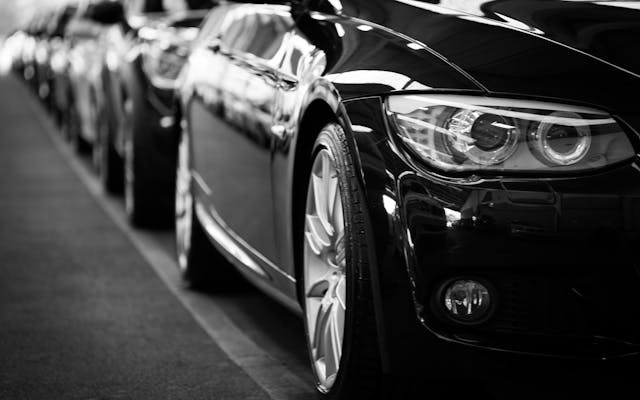For decades, nearly all personal finance experts have been advising against buying a new car. According to them, new cars cost more, depreciate faster, come with higher excise taxes and insurance premiums than used cars. But when I bought a new car for less than an average used car cost at that time, when the price of my new car was not significantly higher than the the price of 2-3 years-old same model car, when my new car’s insurance premium as well as excise tax went up by much less than I anticipated, I realized that if done in a smart way buying a new car makes more sense than buying a used one.
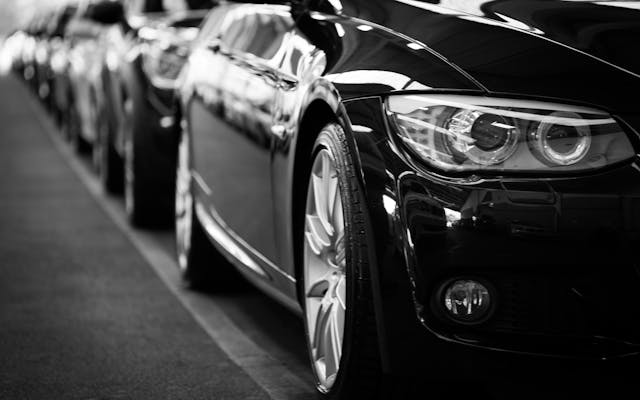
New vs. Used Car Price: Many New Cars Cost Less Than Used Cars
When people think about buying a new car they immediately assume that it will cost more than a used one. But in reality there are a lot of new cars that cost less than used ones.
At the time of writing this article, the average cost of a used car according to the Kelley Blue Book was $26,510.
When on cars.com I searched for new cars, I found more than a dozen new models of Chevrolet, Nissan, Mitsubishi, Kia, Hyundai, Volkswagen, Subaru, Toyota selling for under $26,510 (i.e. under the average price of a used car). Multiple models cost even less than $20,000: 2024 Chevrolet Trailblazer LS at around $18,000; 2024 Mitsubishi Mirage ES at around $18,500; 2024 Nissan Versa S at around $19,000.
So it is not true that a new car is always more expensive than a used one, especially if you are looking for a new car that will take you from point A to point B and not for an overpriced shiny toy to show off to your neighbors and friends.
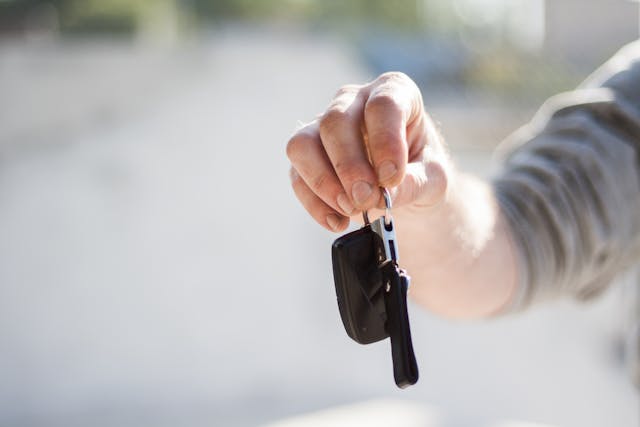
New vs. Used Car Insurance Cost: Difference Is Minor
Before buying 2023 Nissan Kicks I had a 2010 Hyundai Accent. Its last annual insurance premium was $957.60. When I bought a new Nissan my annual insurance premium (with the same deductibles and limits) went up to $1121.46 – an increase of only $163.86 per year for a new car compared with a 13 years-old car!
If instead of buying a new Nissan I would have bought a 2-3 years old Nissan, I would have likely saved only around $50 on my annual insurance premium increase. With time this tiny difference between insurance premiums would have gotten even smaller because of faster depreciating new car’s value when compared to used car’s depreciation.
It is important to note that both my old Hyundai and new Nissan were among the cheapest cars. If I sold my old Hyundai and bought an expensive new Tesla or Mercedes then yes, the increase in insurance cost could have easily been around $500 or even more.
Also, for my new Nissan I checked insurance premiums with a few insurance companies and some of them gave me quotes that were more than double of what my old Hyundai premium was (an increase of more than $1000!). So getting quotes from a few insurance companies before buying a new auto policy is also necessary if you try to avoid an insurance premium spike for your new car.
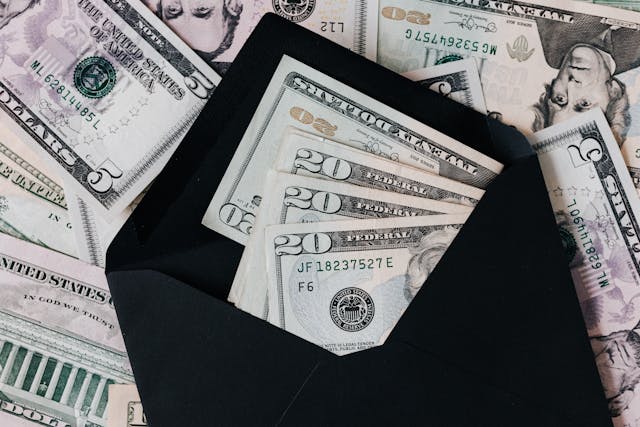
New vs. Used Car Excise Tax: Significant Difference That Shrinks Fast
My new Nissan’s excise tax compared with the old car was more significant at first but then it went down fast. I bought a car in August 2023 and my excise tax bill for the remainder of 2023 (4 months) was $200 (up from $25 annually for the old Hyundai). So at the beginning of 2024 I was expecting my new Nissan’s annual 2024 excise bill to be around $600. But to my surprise the bill was only around half of what I expected: $338. The reason was that in 2023 my new car was valued by the state at $20,000 and a few months later, at the beginning of 2024, the car value (according to the state) dropped to $13,530.
Car’s market value (i.e. real price that you can buy or sell a car for) differs from how much the same car is valued by the state for the excise tax purposes: I paid for a new car $22,500 and the state on excise tax bill valued it at $20,000. Then a few months later the market value of the car was still around $21,000-22,000 but the state on excise tax bill valued it only at $13,530.
If I have bought a 2-3 years old Nissan Kicks, it would likely be valued at around $8,000 by the state. Excise tax in Massachusetts is $25 per $1,000 of car value. So for the full year 2024, I would have paid $200 excise tax for a 2-3 years old Nissan Kicks instead of $338 for the new one – again, a minor $138 difference between used and new car annual tax bill.
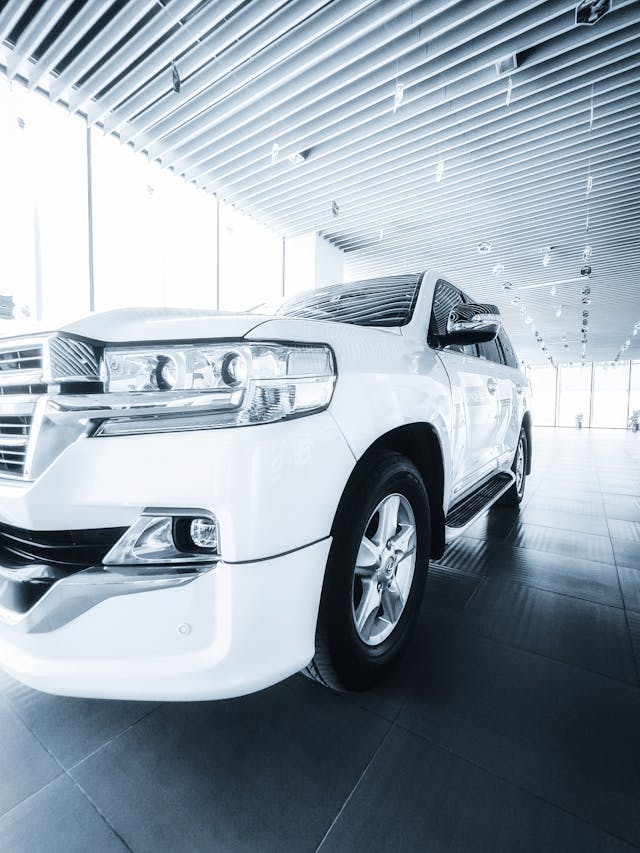
Conclusion
When it comes to insurance cost and excise taxes, I would have saved around $200 for the first year if I bought a 2-3 years old used car instead of a new one, and this difference would get smaller in the upcoming years due to the faster depreciating value of the new car than that of the used car (the smaller value of the car the lower insurance cost and the lower excise tax).
I would have also saved $1,000-2,000 on the car purchase price if I had bought a 2-3 years old car vs a new one but that also means this used car would need major repairs 2-3 years sooner than a new car.
Minor initial savings on car price, insurance cost, and taxes are too small to justify buying a used car rather than a new one, especially knowing that a new car will give more worry-free and major repairs-free years than a used car will.
